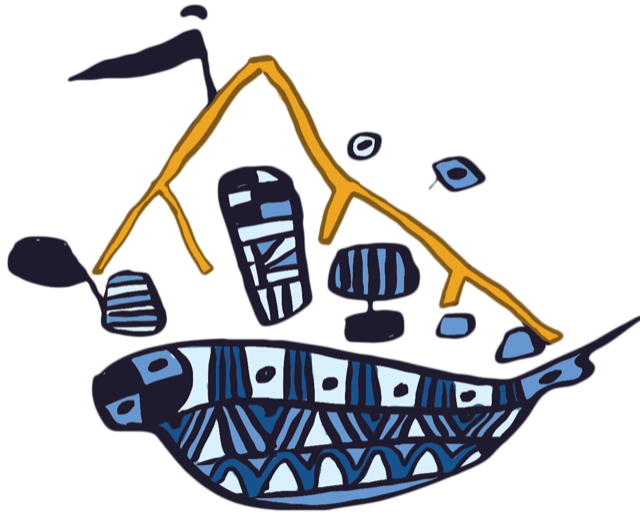
The 5th Crete Summer School of Linguistics, or ‘CreteLing’, will take place from July 15 to July 28, 2023 at the University of Crete in Rethymno, Greece.
As in other years, a number of current faculty, as well as current and former students will be involved.
Current MIT faculty Adam Albright, Kai von Fintel, Shigeru Miyagawa, David Pesetsky, Norvin Richards, and Donca Steriade will be teaching classes, along with alumni Karlos Arregi, Paul Kiparsky, Ömer Demirok, Pritty Patel-Grosz, Doug Pulleyblank, and Philippe Schlenker. They will be joined by many wonderful colleagues from around the world.
Besides the wide range of courses offered across four parallel sessions, the summer school will feature two workshops: ‘Workshop on Language Acquisition’, organized by Artemis Alexiadou, Maria Teresa Guasti, and Uli Sauerland, and ‘Gender Markedness and Defaults’, organized by Luke Adamson.
For more information, as well as the application form, please consult the school’s website: https://linguistics.philology.uoc.gr/cssl23/